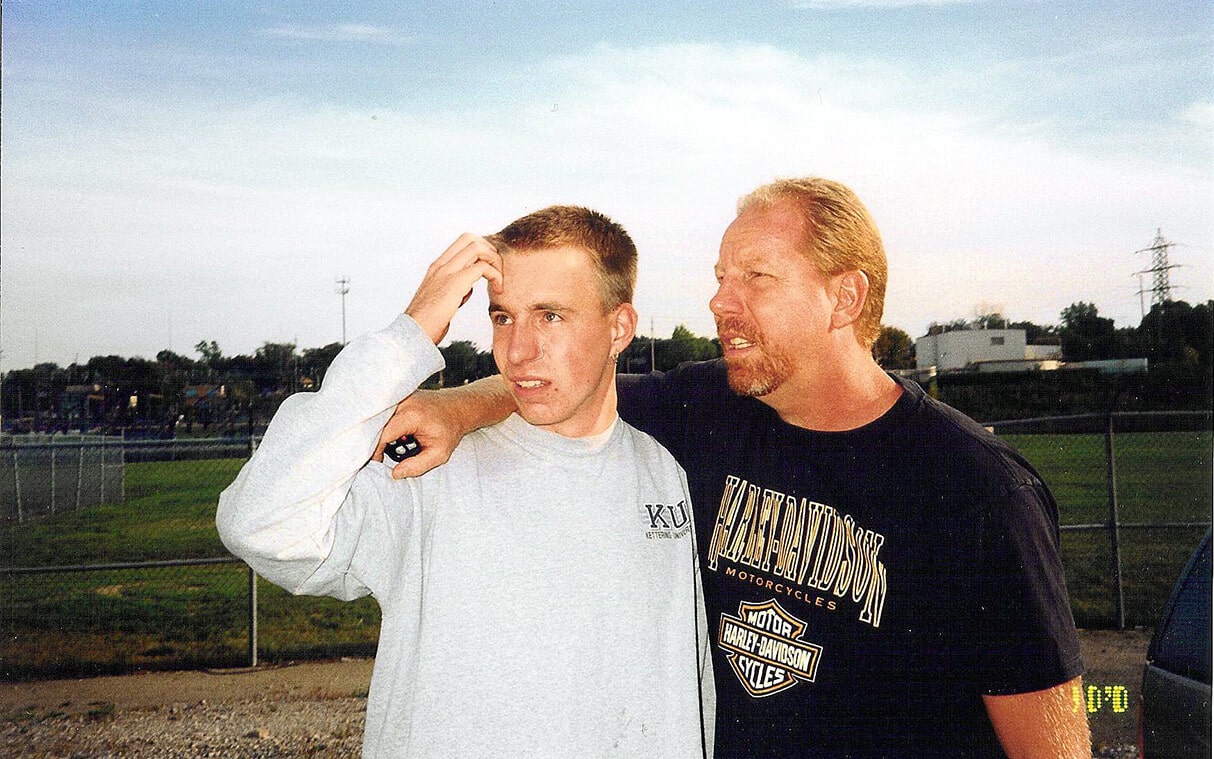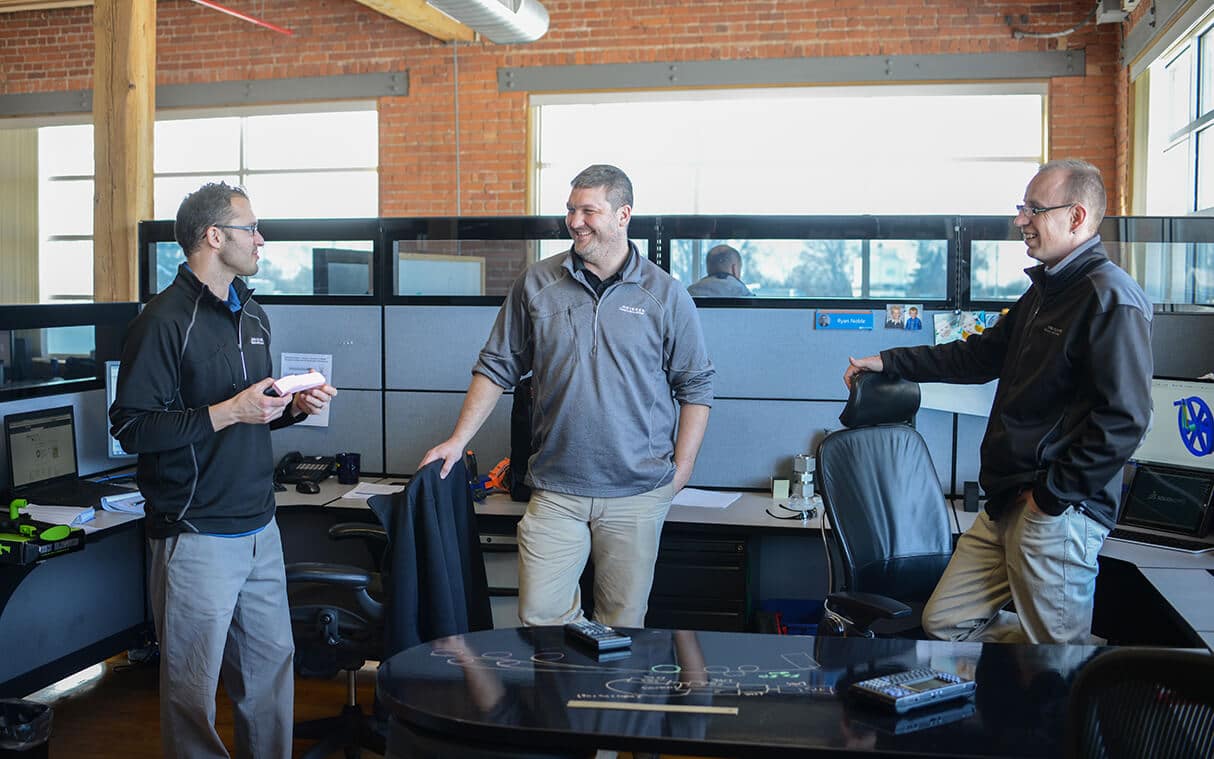Unlock Your Full Potential: The Value of Lifelong Learning for Growth and Success
June 26, 2015

Written By:
Ryan Noble | Team Lead – Product and Machine Design | CAE

I didn’t always enjoy formal learning.
Growing up, school was this involuntary experience that was happening to me. I wasn’t overly engaged, rarely doing homework at home and almost never studying. I absorbed enough in high school to graduate with a respectable GPA and acceptance letters to Kettering University and Purdue.
Starting at Kettering in the fall of 2000, I quickly came to terms with the fact that gliding through class as a disengaged observer wasn’t going to work in college like it had in years past. Unwilling to fail or drop a class, I had to adjust my habits quickly.
It wasn’t easy, but I did graduate six months early thanks to some summer classes and 20 & 24 credit-hour semesters. By this time I had come to terms with necessity of learning, but hadn’t yet come to fully embrace the practice. Starting grad school a year later, my outlook on learning completely changed. Undergrad felt like an extension of high school… I had to be there and had to take a bunch of boring classes alongside the more exciting engineering courses. In grad school, I was able to take the classes I wanted when I wanted.
The structure of grad school also encouraged learning above memorization. All class work and most exams allowed for the use of all available resources (textbooks, notes, internet, classmates).
The goal was to learn how to approach complex problems and break them down into their constituent pieces and utilize any necessary resource to achieve the best solution possible.
This was a major shift from the mostly memorization and regurgitation cycle experienced up to that point.
Eager and confident after earning a master’s degree in engineering, I accepted an adjunct teaching position at Grand Valley State University. I’d be teaching an introductory engineering course with a lot of content in a CAD software I’d never used before. At the time, I wanted to learn the software from a professional development perspective. By teaching the software, I was utilizing the brute force method of learning. I quickly came to understand that I only needed to be one day ahead of my student’s learning (most days I was only a few hours ahead!).
Through eight years of teaching, I was able to gain expertise in new areas and develop a blend of content/problem/interactive teaching and learning. I truly believe I learned as much if not more than my students did. Recently retired (for now) from my formal teaching career, I’m grateful for the experience and the growth achieved.
Today, learning to me comes in many forms. I have the opportunity to interact with an incredible team within Disher as well as the many partners we’re blessed to serve. I by no means claim to be perfect, but try to observe, listen and absorb as much as possible in these interactions. I’ve also had the opportunity to learn from failure.
I hypothesize failure may be the most efficient way to learn if you’re open to it and the situation allows.
Part of learning from failure or shortcomings is being completely open to constructive criticism. This is a specific area I’ve had to grow and now try to embrace. The benefits of being humbled to this type of feedback are profound. Not only can it disarm any offended parties, it puts your brain in the mindset of problem solving and correction instead of defensiveness. I now actively seek constructive criticism with questions to peers and partners like “how can I better serve you?” and “what could I have done differently…?”. I also enjoy learning through reading and documentaries. Immersing in a topic or historic event can be exhilarating! My kids (4 & 6 ½) teach me something new or remind me of a simple life lesson all the time.
There are opportunities to learn everywhere. The challenge is waking up every day with the mindset of being open to something new while simultaneously holding true to the beliefs that you know to be factual.
Written By: Ryan Noble, Student of Life & Product Development Engineer | Ryan is a seasoned mechanical engineer with substantial experience in machine and product development. He’s a continual learner and teacher/coach, welcoming constructive criticism to satisfy an insatiable desire for excellence.


